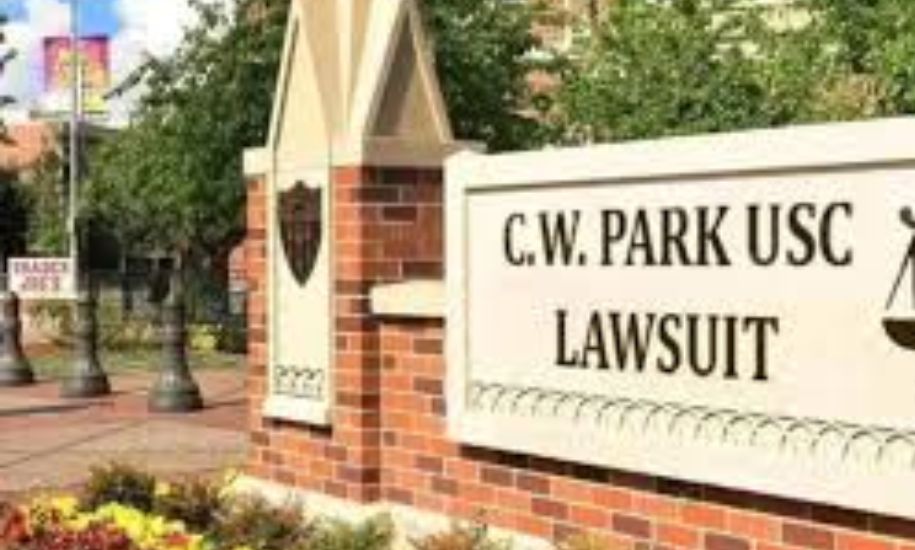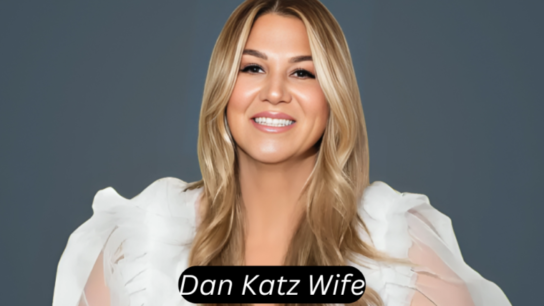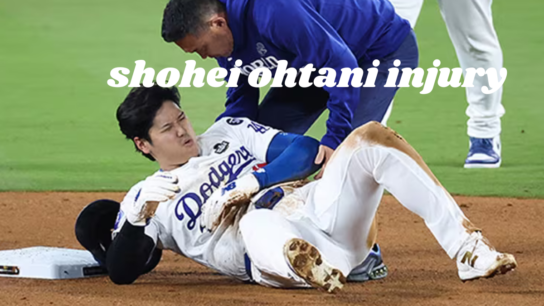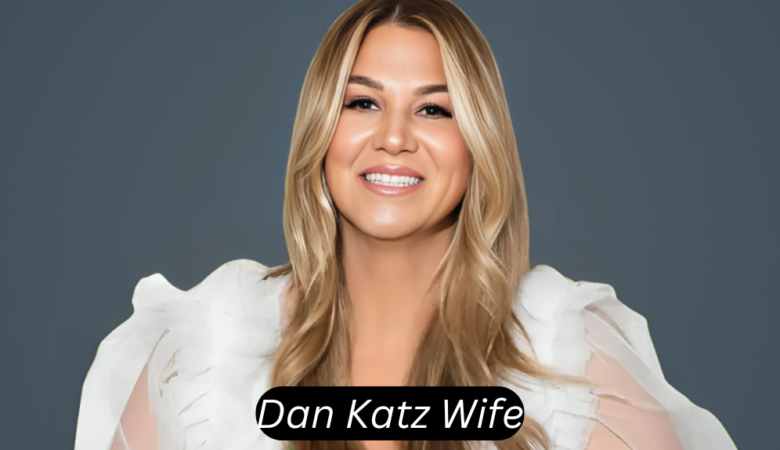Introduction to the C.W. Park USC Lawsuit
The C.W. Park USC lawsuit has captured the attention of many, stirring conversations across campuses and communities alike. As new developments unfold, people are eager to learn about the implications for not only those involved but also for higher education as a whole. This case raises critical questions about accountability and ethics within prestigious institutions like the University of Southern California (USC). In this post, we’ll dive into the latest updates and insights surrounding this intriguing legal battle, shedding light on its background, key players, and potential repercussions that could shape the future of academia. Stay tuned as we explore what’s at stake in this ongoing saga!
Background and Timeline of the Case
The C.W. Park USC lawsuit emerged in the wake of serious allegations concerning academic misconduct and ethical concerns at the University of Southern California.
The controversy first came to light in early 2022 when complaints were filed, highlighting troubling practices within specific departments. These claims sparked a wave of scrutiny and investigation.
As details unfolded, a timeline began to take shape. By mid-2022, initial hearings were held, where key testimonies painted a vivid picture of the environment at USC.
In late 2022, more parties joined as plaintiffs, expanding the scope and complexity of the case significantly. This development drew attention from both media outlets and educational institutions nationwide.
By early 2023, court documents revealed internal communications that suggested deeper issues within university governance mechanisms. The implications were far-reaching for stakeholders involved in higher education policy discussions.
Key Players Involved in the Lawsuit

The C.W. Park USC lawsuit features a variety of key players, each bringing their own perspectives and stakes to the case.
C.W. Park stands at the center, facing serious allegations that have garnered widespread attention. His professional reputation hangs in the balance as he navigates these turbulent waters.
On the other side is the University of Southern California (USC), an institution known for its prestige and influence. The university’s leadership team must address not only legal ramifications but also public perception.
Legal representatives play crucial roles on both sides, tirelessly working to build their cases. Their strategies will significantly shape how this situation unfolds in court.
Additionally, various advocacy groups are observing closely, advocating for transparency and fairness throughout the process. They add another layer of complexity to an already intricate scenario involving numerous stakeholders with differing interests.
Allegations Against C.W. Park and USC
The C.W. Park USC lawsuit brings forth serious allegations that have garnered significant attention. Central to the case are claims of misconduct involving improper academic practices.
Reports indicate that C.W. Park is accused of engaging in unethical behavior while affiliated with the university. These actions allegedly undermine the integrity of academic standards and processes at USC.
USC, as an institution, faces scrutiny for its oversight and response mechanisms regarding such claims. Critics argue that a stronger stance should have been taken earlier on to address any potential wrongdoing.
As developments unfold, both C.W. Park and USC must navigate not only legal repercussions but also reputational damage within academia and beyond. The implications extend far beyond this single case, raising questions about accountability in higher education institutions nationwide.
Updates on the Case and Recent Developments
Recent updates on the C.W. Park USC lawsuit reveal significant developments that could shape its trajectory. The case has gained traction, drawing attention from various media outlets and legal analysts.
New evidence was presented during the latest court session, prompting discussions about potential settlements. This fresh information may alter how both parties approach negotiations in the coming weeks.
Additionally, public interest is rising as more individuals weigh in on social media platforms. Some express support for Park, while others side with USC’s administration.
As hearings continue, experts are closely monitoring reactions from both sides and their implications for higher education policies nationwide. Legal teams appear to be preparing for a prolonged battle if a resolution isn’t reached soon.
The court’s decision-making process remains opaque but crucial to understanding future directions in this high-profile case.
Potential Impact on USC and Higher Education Institutions
The ongoing C.W. Park USC lawsuit could send ripples throughout the higher education sector. If significant findings emerge, universities may have to reassess their compliance protocols and academic policies.
Increased scrutiny on faculty conduct and university governance is likely. Institutions might implement stricter hiring practices or enhance training programs focused on ethics and accountability.
Moreover, this case highlights the necessity for transparent communication between students, faculty, and administration. Trust plays a crucial role in maintaining a healthy academic environment.
Financial repercussions could also arise if damages are awarded against USC. Other institutions will be watching closely to gauge potential legal vulnerabilities within their own frameworks.
Expect heightened attention on how schools respond to similar allegations moving forward. The outcome may redefine norms surrounding responsibility and oversight in academia.
Lessons Learned from the CW. Park USC Lawsuit
The C.W. Park USC lawsuit serves as a reminder of the complexities surrounding higher education governance. It highlights the importance of transparency in university operations.
Stakeholders must ensure that decision-making processes are clear and accessible. This fosters trust among students, faculty, and alumni.
Another lesson revolves around the need for robust legal frameworks within universities. Institutions should prioritize compliance with ethical standards to avoid potential disputes.
Additionally, this case underscores the impact of social media and public opinion on institutional reputations. Universities must be prepared to address issues swiftly and thoughtfully.
It encourages continuous dialogue between administration and community members. Open communication can help prevent misunderstandings before they escalate into significant legal battles.
Conclusion
The C.w. Park USC lawsuit has certainly captured the attention of many, stirring discussions within legal circles and academia alike. As we navigate through ongoing updates, it is evident that this case raises significant questions regarding accountability and transparency in higher education institutions.
As developments continue to unfold, the implications extend beyond just those directly involved. The outcome may set precedents that influence policies at universities nationwide. It serves as a reminder of the complexities surrounding educational governance and the intricate relationships between faculty, administration, and students.
Stakeholders are watching closely as they seek to understand how this case will reshape not only USC’s future but also potentially redefine expectations across colleges and universities everywhere. The consequences of these proceedings could prompt vital conversations about institutional ethics going forward.
With every new update on the C.W. Park USC Lawsuit, there’s an opportunity for growth—both for individuals involved and for systems at large. Engaging with these insights can help us all navigate similar challenges in our own communities moving ahead.





